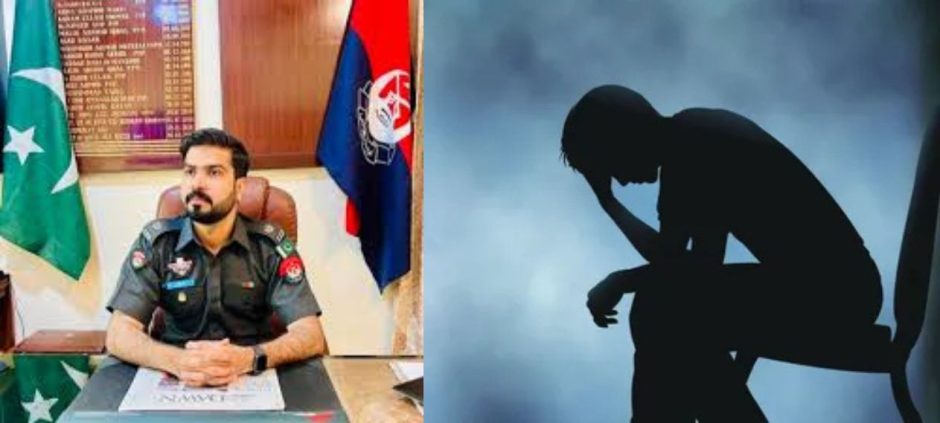SP Adeel Akbar’s death has left the Islamabad Police in deep shock, as early findings suggest that the senior officer may have taken his own life following severe stress and depression. The incident has raised serious questions about the psychological challenges faced by officers serving under constant pressure.
Police officials revealed that SP Adeel was found dead at his residence in Islamabad. Initial investigation reports ruled out any foul play, indicating that the cause of death appeared to be self-inflicted. Forensic teams confirmed that no signs of external interference were found at the scene, reinforcing the likelihood of suicide.
According to colleagues, SP Adeel Akbar was known for his professionalism, integrity, and dedication to duty. However, many admitted that he had recently seemed withdrawn and visibly exhausted. Sources close to the department stated that he had been coping with intense workplace stress and emotional strain for several weeks.
Further details shared in a related report suggest that the officer’s depression may have deepened due to ongoing personal challenges. Officials believe that mental fatigue, long work hours, and the burden of responsibilities could have contributed to his declining well-being.
In the aftermath of his death, several officers have spoken out about the mental health crisis in law enforcement, emphasizing the need for better emotional support systems. They pointed out that while officers face daily exposure to trauma, their struggles often remain unaddressed due to the stigma around seeking help.
Authorities have now ordered a detailed postmortem report and an internal review to understand the circumstances that led to the tragedy. Senior police officials are also discussing the introduction of mental health programs to support officers dealing with stress and burnout.
The death of SP Adeel Akbar has served as a painful reminder that those tasked with protecting others often carry invisible wounds themselves. As Islamabad mourns the loss of a respected officer, his story underscores the urgent need to address stress, depression, and emotional well-being within the police force.











